Delhi is a city of continuity. The excavations at Purana Qila indicate that the history of Delhi goes back to the first millennium B. C. Delhi is, therefore, one of the oldest inhabited cities in the world. It is a city of many layers, each with its own story, where many-a-city were built, destroyed and then rebuilt. Many of Delhi’s rulers played a dual role, first as destroyers and then as builders. It is ironic that even after independence, we continue to destroy our heritage in the name of ‘development’. In spite of our country possessing a cultural heritage unsurpassed in the world, only a fraction of it is ‘protected’ by Government departments, which accept the responsibility for about 5000 monuments of national importance. These are protected by the Archaeological Survey of India with another 3000 protected by the State Departments of Archaeology. These figures pale in comparison with those in England where 500,000 buildings are listed and enjoy protection. It was under these circumstances that the Indian National Trust for Art and Cultural Heritage (INTACH), an NGO was formed in 1984. It’s primary objective being, ‘creating and stimulating a awareness among the public for the preservation of culture and national heritage’. To achieve this objective, identifying and listing of the built heritage has been among its first actions. Under the able guidance of Late Shri. B. K. Thapar and Late Smt. Pupul Jayakar a programme for listing heritage buildings in India was envisaged. This publication by INTACH Delhi Chapter is part of this process. In this publication, the compilers have listed over 1200 buildings that are of archaeological, historical and architectural importance. They have surveyed the many ‘pasts’ of Delhi’s long history and found buildings that are part of that multi-faceted story; the co-existence of diverse sacred centres, educational institutions and administrative structures, homes and palaces, political strongholds, markets, pleasure gardens, memories of war and monuments to peace. This publication contains a varied sample of the multiple layers of Delhi’s ancient history, material evidence of the richness of life and human creativity. However, the present list, which includes over 400 buildings and 26 conservation areas not listed before, is based on a complete re-survey carried out in 1996-97 when, all buildings included in the current list have been photo-documented and plotted on zonal maps. Conservation and development should work together to raise the quality of life in this great city, using listed buildings in a comprehensive plan prepared by skilled professionals. Unfortunately, historic architecture has been sidelined by scholars and professionals, and average citizens are only minimally informed as to the value of their heritage. The author reports that 20% of the historic buildings in Delhi are at risk of partial or complete demolition, and most are threatened with inappropriate modifications and additions. It is hoped that his publication will lead to greater appreciation, and a new policy for conservation of the city’s historic architecture.
A Work of Beauty: The Architecture and Landscape of Rashtrapati Bhavan
The Rashrrapati Bhavan is ...
$127.80
$142.00

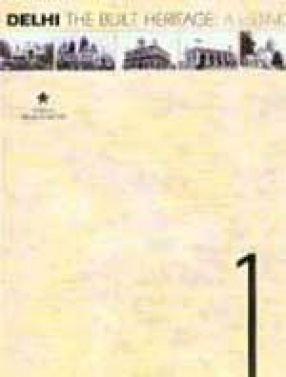
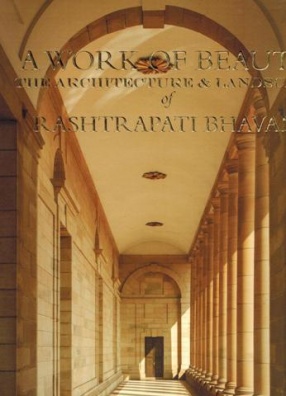

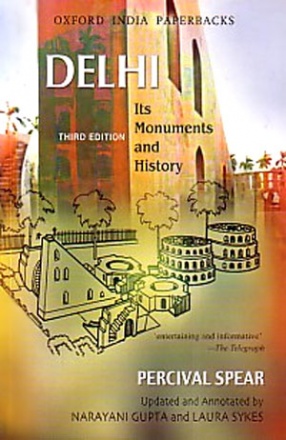
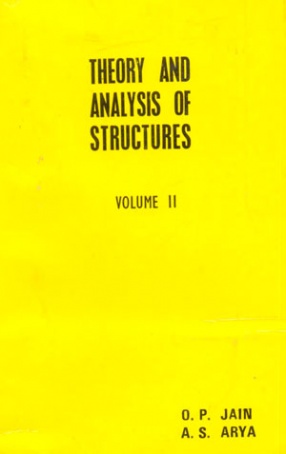
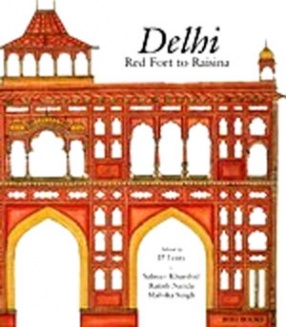
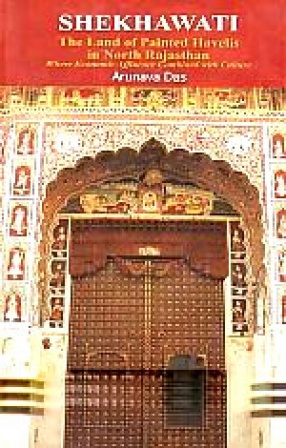
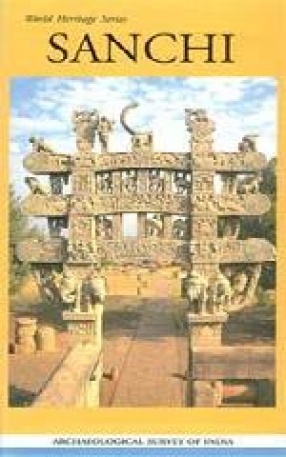
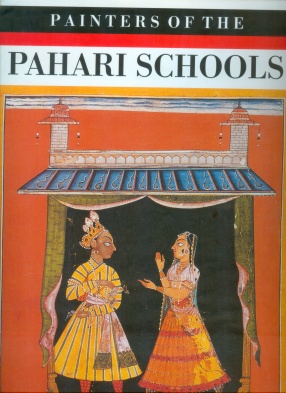
There are no reviews yet.